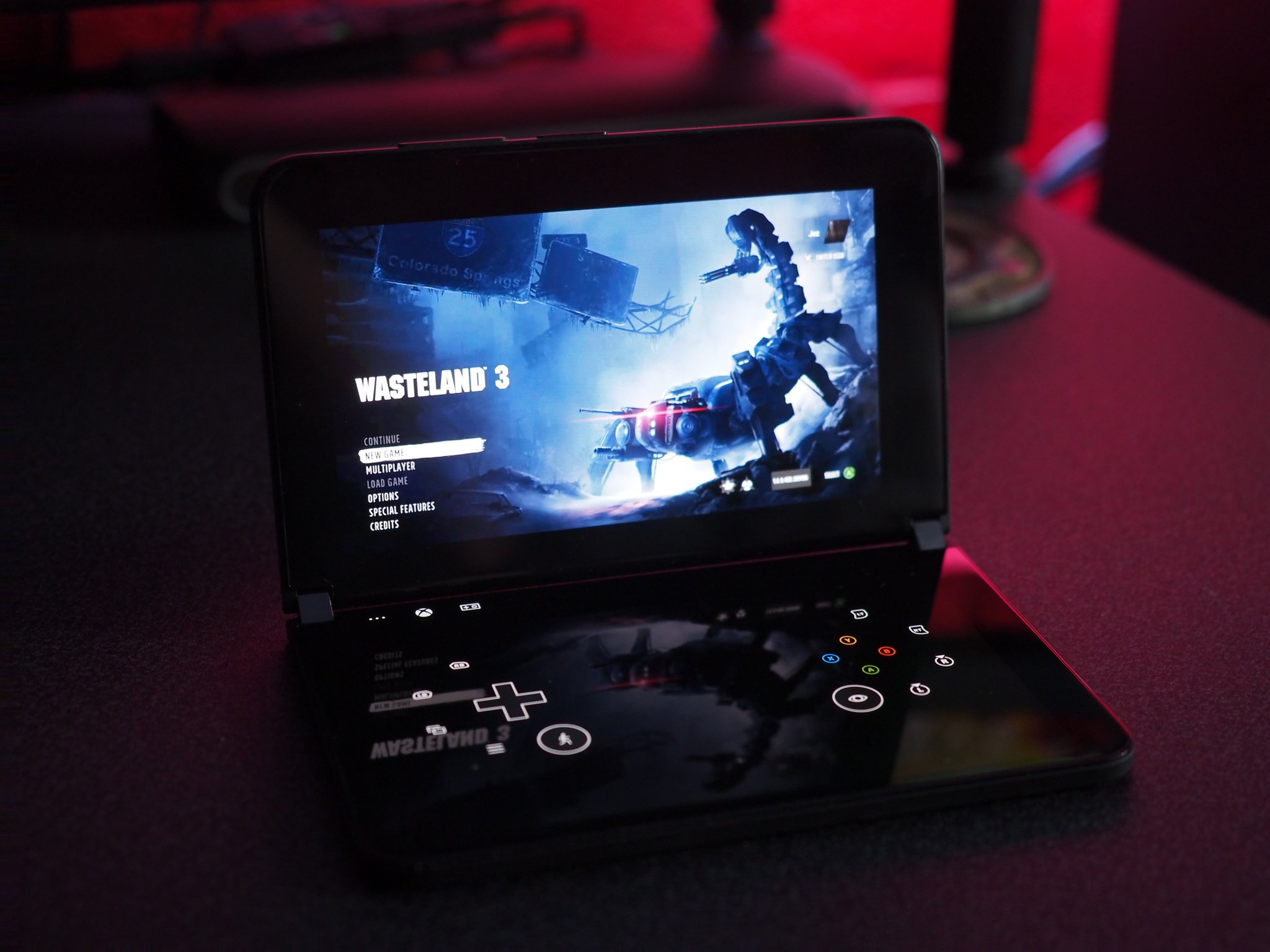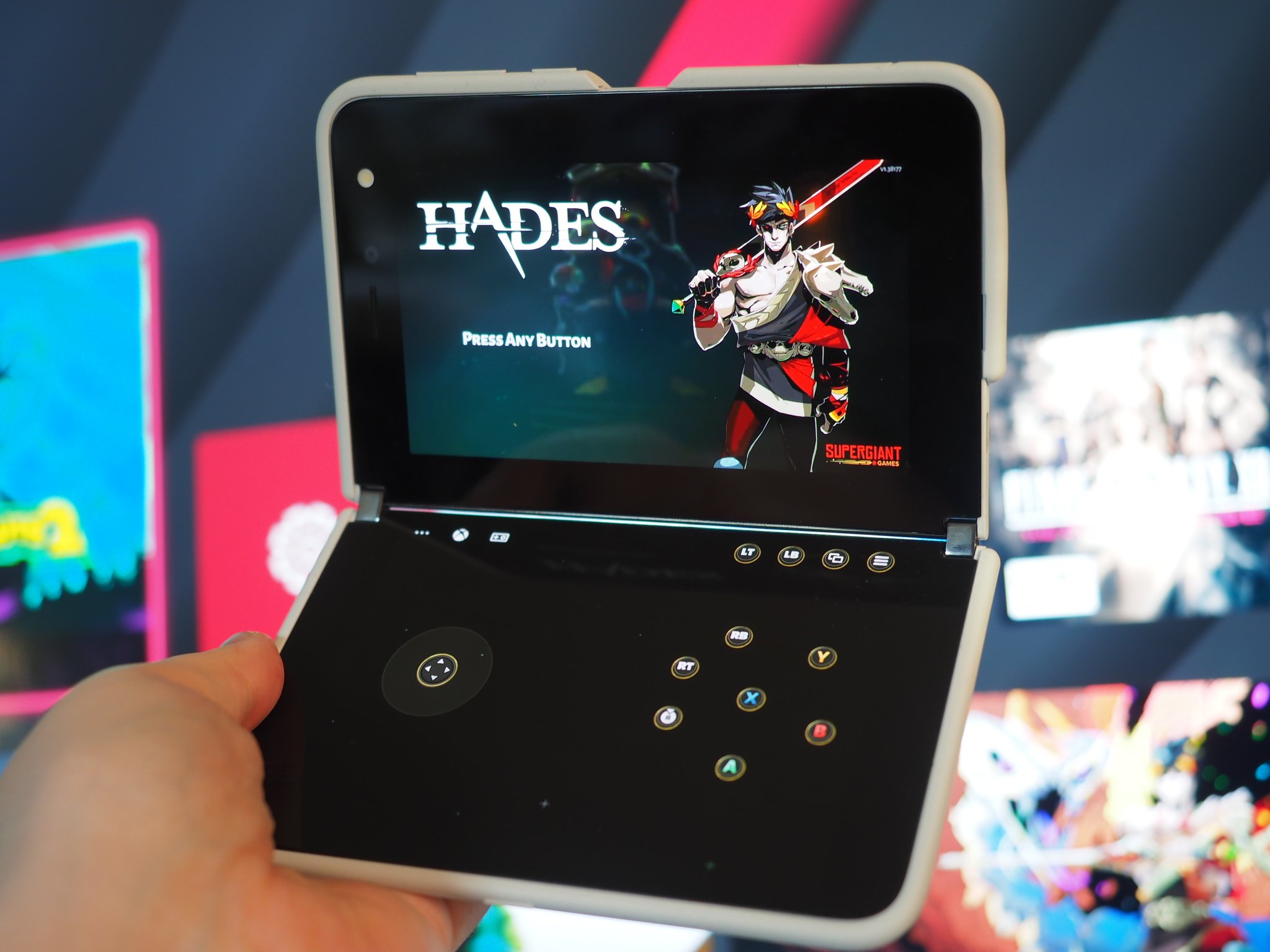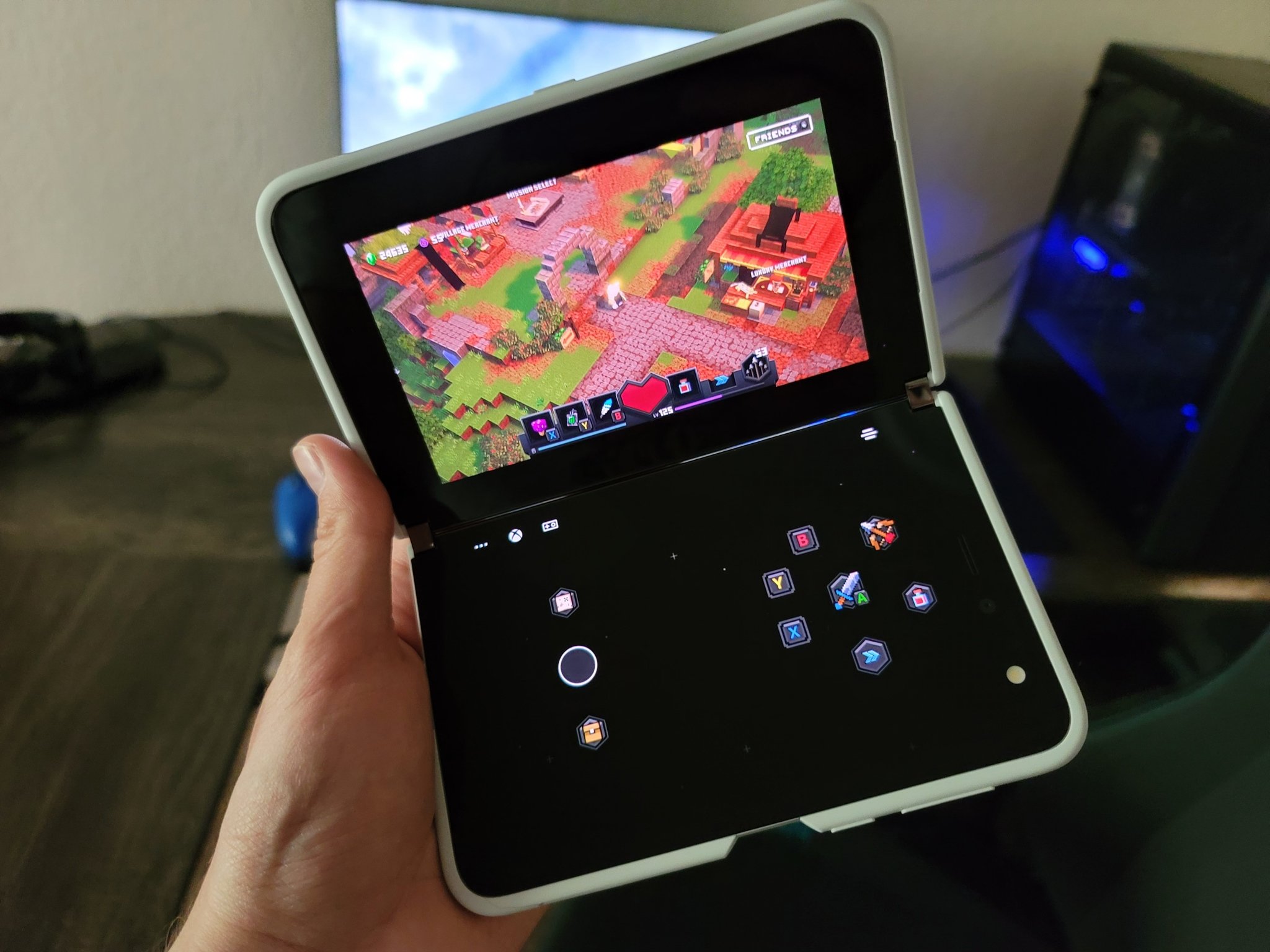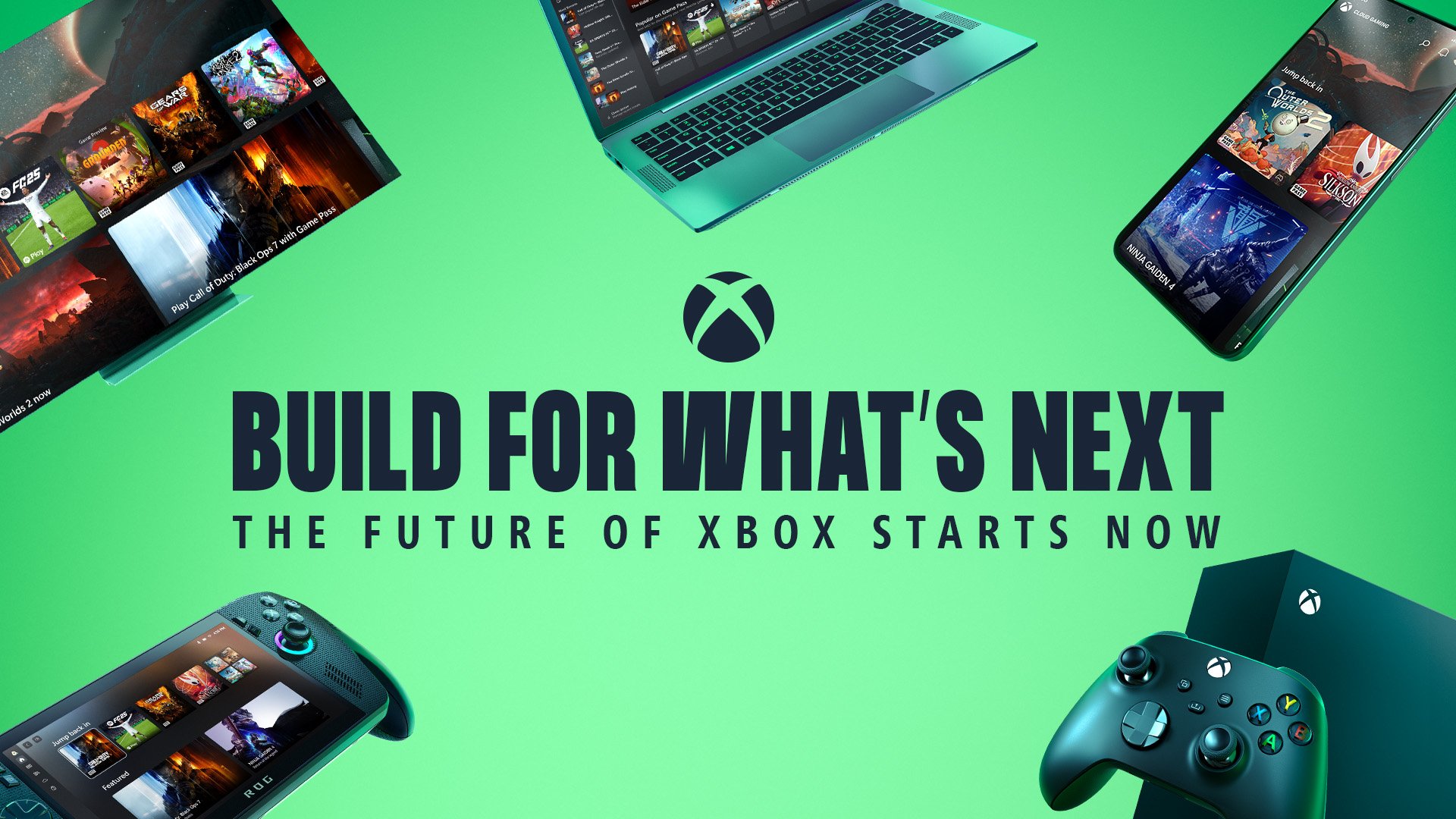Microsoft details Xbox Game Pass cloud usage and the significance of touch controls
Touch users are twice as likely to engage.

All the latest news, reviews, and guides for Windows and Xbox diehards.
You are now subscribed
Your newsletter sign-up was successful
Xbox Cloud Gaming has had a bit of a busy week. Earlier in the week, Microsoft announced new clarity algorithms to reduce pixelization on cloud streams across the web and on consoles. Then on Wednesday, Qualcomm and Razer revealed the dev kit of the Snapdragon G3x gaming platform, designed with handheld cloud gaming in mind. Now, Microsoft is revealing some new stats and information on why developers on its cloud gaming bandwagon should seriously consider adding touch controls.
Detailed on the Azure Game Stack blog, Microsoft detailed how 20% of cloud players are using touch exclusively to play titles on Xbox Game Pass Ultimate, which is currently the only way to access Xbox cloud games on mobile devices. Furthermore, players using touch are more than twice as likely to play and engage with titles on the service. It's plain to see why — games that support touch are simply easier to access, given that you don't need to carry around an extra Xbox controller phone clip or a full mobile controller like the Backbone One or GameSir X2.
Microsoft went on to explain that games like Dragon's Quest XI, Hades, Minecraft Dungeons, Yakuza: Like a Dragon, and Scarlet Nexus are a few titles that are seeing almost a third of users exclusively engaging via touch controls.

In the post, Microsoft stated how developers can leverage its Azure tech to create cloud-aware games, using a set of new and existing APIs that offer cloud experiences with minimal code changes. Microsoft recognizes that developing console titles is a massive investment, and has tried to make it as easy as possible for an existing Xbox game to become a capable Xbox cloud game. Microsoft also provided a sample project on Github to help developers get started.
Microsoft gave some examples of the constraints touch brings to Xbox games. Naturally, touch games are less tactile and offer fewer buttons to play with, unless you want to clutter up the screen with every single button on an Xbox controller. To circumvent these potential problems, games like Sea of Thieves have contextual action buttons, replacing the standard ABXY layout with specific actions, complete with default iconography. Games like Hades take it a step further, with customized art for their touch controls.
A spokesperson from Playful Studios of Super Lucky's Tale fame described the process of including touch as "delightful," emphasizing that the process is easy, and can remain truly intuitive. "Bringing New Super Lucky's Tale to xCloud touch wasn't just easy. It was delightful, involving little more than running the game and discovering how fun and intuitive it is to play on a phone."

The idea of a fully cloud-native game is the end goal, moving beyond touch controls to UI scaling for small screens and interactive elements. Minecraft Dungeons' menus are entirely touchable and don't need to be navigated gamepad-style using the touch controls at all. Football Manager's tactics screen also can be manipulated via touch, and can actually play more intuitively than it does with a regular gamepad as a result.
All the latest news, reviews, and guides for Windows and Xbox diehards.
Microsoft shared a range of resources for developers interested in leveraging touch to help them find new audiences via the cloud, although as of writing, cloud games are restricted to Xbox Game Pass titles and streaming from your home console — which isn't always the most ideal solution. Perhaps there's a future where gamers will be able to play any game they own via the cloud, but while we wait for that, Xbox Game Pass already has dozens of great Xbox titles that are touch-enabled, with many more on the way.

Jez Corden is the Executive Editor at Windows Central, focusing primarily on all things Xbox and gaming. Jez is known for breaking exclusive news and analysis as relates to the Microsoft ecosystem — while being powered by tea. Follow on X.com/JezCorden and tune in to the XB2 Podcast, all about, you guessed it, Xbox!
